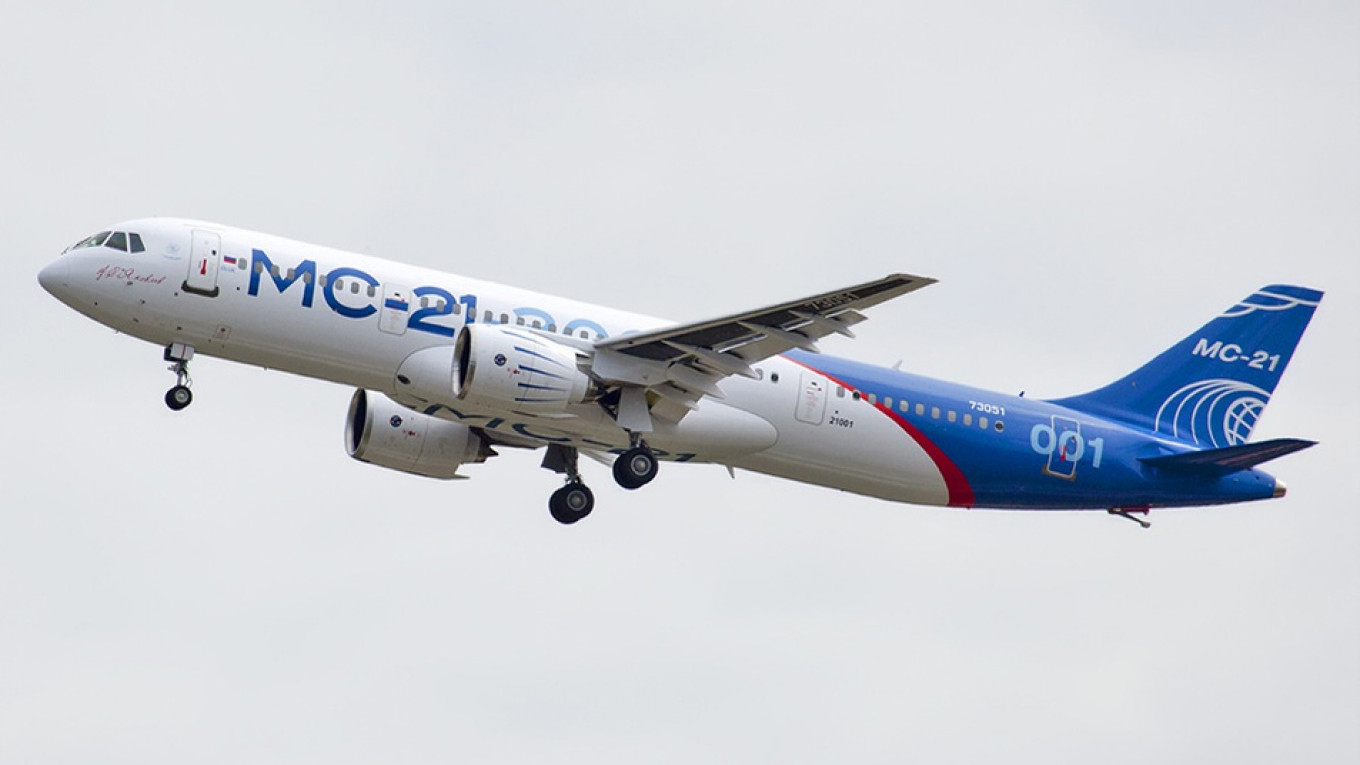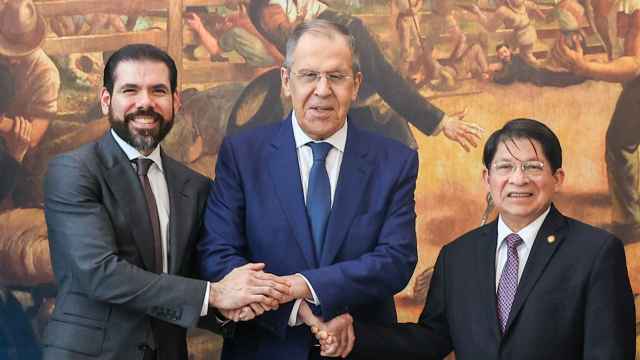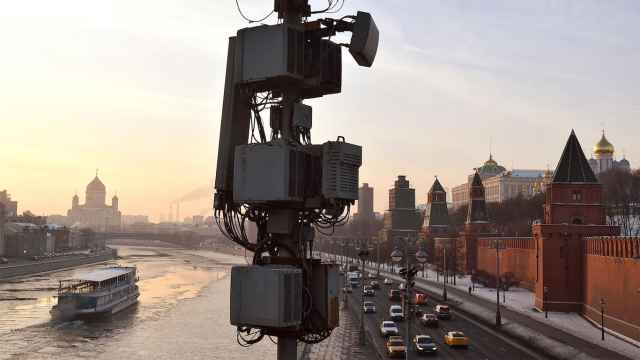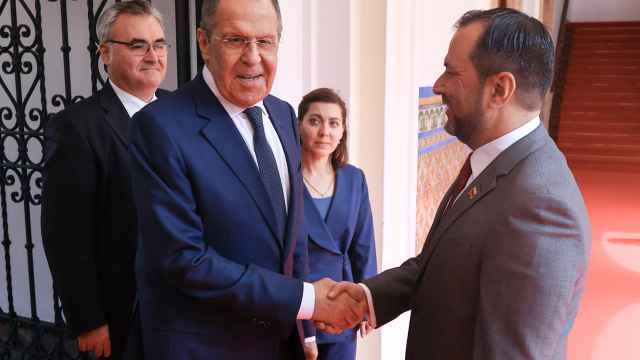U.S. sanctions have cut off imports of foreign components needed to produce Russia's first post-Soviet mainline commercial aircraft, threatening its production schedule, the newspaper Kommersant reported on Thursday.
Russia hopes the MS-21, a twin-engine, medium-range passenger plane, will give Boeing and Airbus a run for their money. Three prototypes have been built and the plane had been set to enter serial production in 2020.
But Kommersant, citing a senior government official and Russian aviation industry sources, said U.S. sanctions had cut off imports of components from the United States and Japan that were needed to make the plane's wings and part of its tail fin.
The two manufacturers whose products had been affected were Connecticut-based Hexcel of the United States and Japan's Toray Industries, the newspaper said.
Russia did not make the necessary components and could not start doing so quickly, Kommersant reported. Previous component deliveries meant Russia only had enough material on hand to make the wings of six more aircraft, it said.
The MS-21's wings, which were to be made from composite materials rather than metal, had been designed to give the aircraft the edge in some respects over Western rivals, Kommersant said.
Russia's United Aircraft Corporation confirmed on Thursday that U.S. sanctions had caused it problems. The company said it had taken measures to maintain wing production and had embarked upon "the step-by-step replacement of the necessary components" with Russian-made equivalents.
Russia's Aeroflot has agreed to lease 50 of the new planes and Moscow has said Syria is in talks about buying the new aircraft.
A Message from The Moscow Times:
Dear readers,
We are facing unprecedented challenges. Russia's Prosecutor General's Office has designated The Moscow Times as an "undesirable" organization, criminalizing our work and putting our staff at risk of prosecution. This follows our earlier unjust labeling as a "foreign agent."
These actions are direct attempts to silence independent journalism in Russia. The authorities claim our work "discredits the decisions of the Russian leadership." We see things differently: we strive to provide accurate, unbiased reporting on Russia.
We, the journalists of The Moscow Times, refuse to be silenced. But to continue our work, we need your help.
Your support, no matter how small, makes a world of difference. If you can, please support us monthly starting from just $2. It's quick to set up, and every contribution makes a significant impact.
By supporting The Moscow Times, you're defending open, independent journalism in the face of repression. Thank you for standing with us.
Remind me later.







